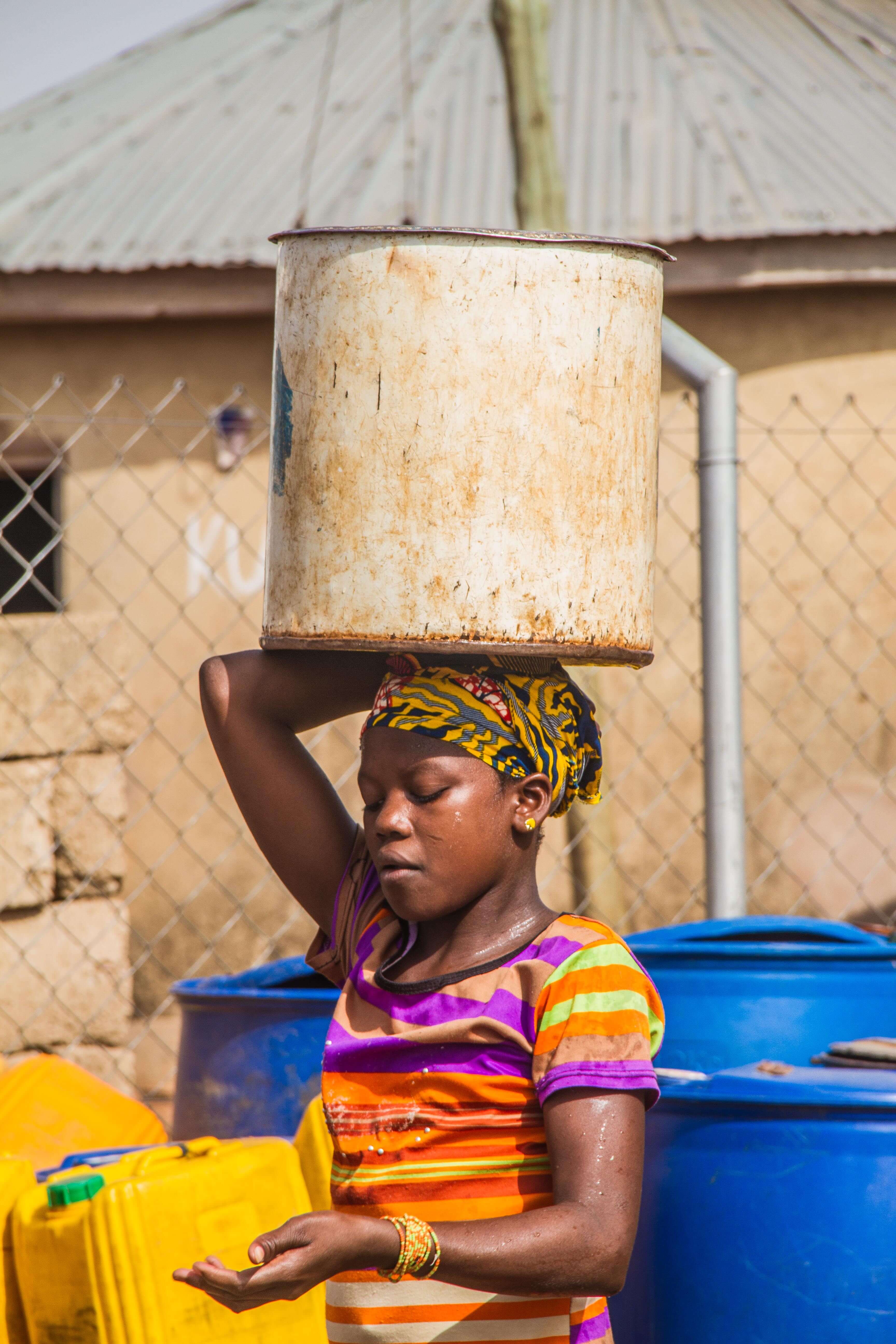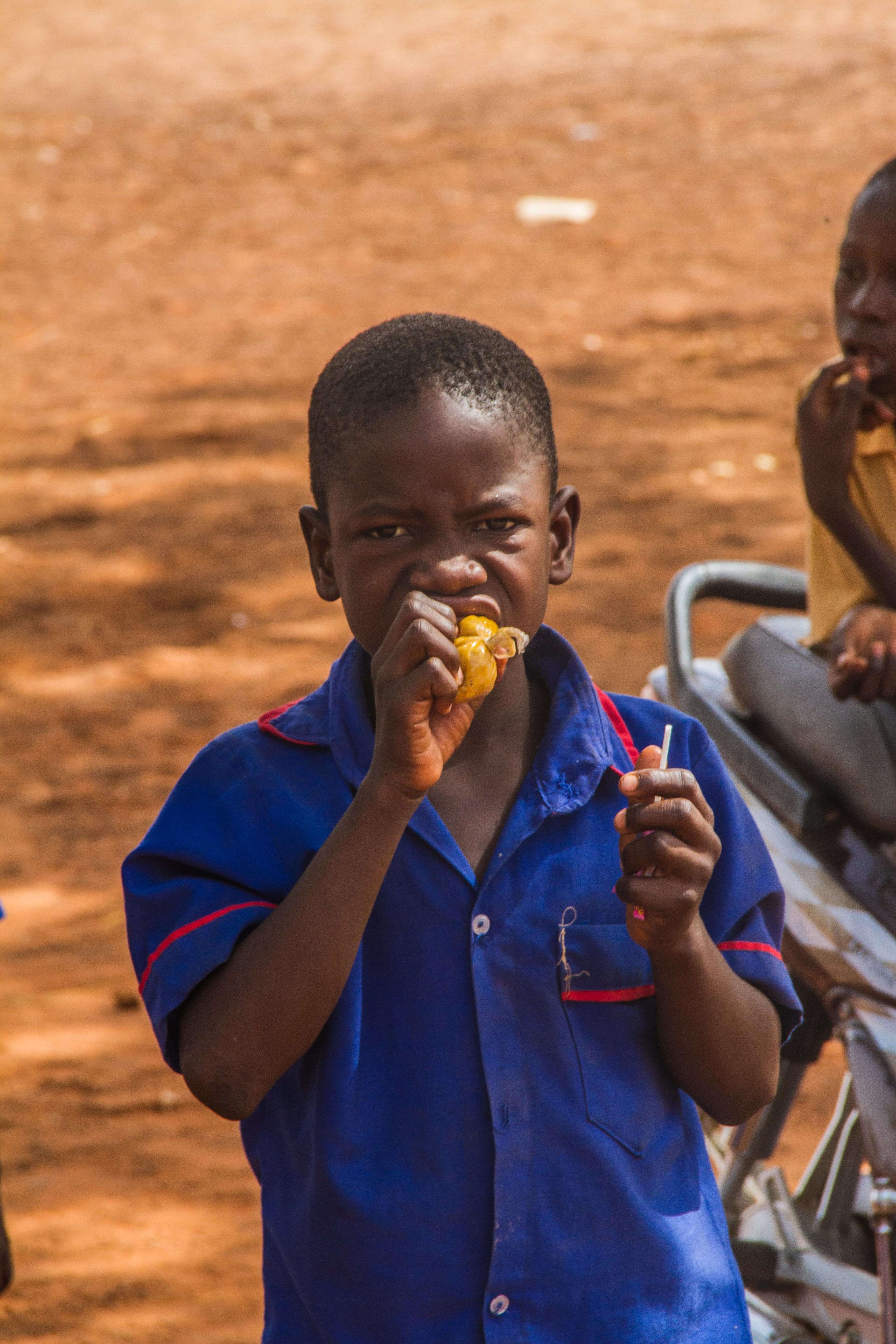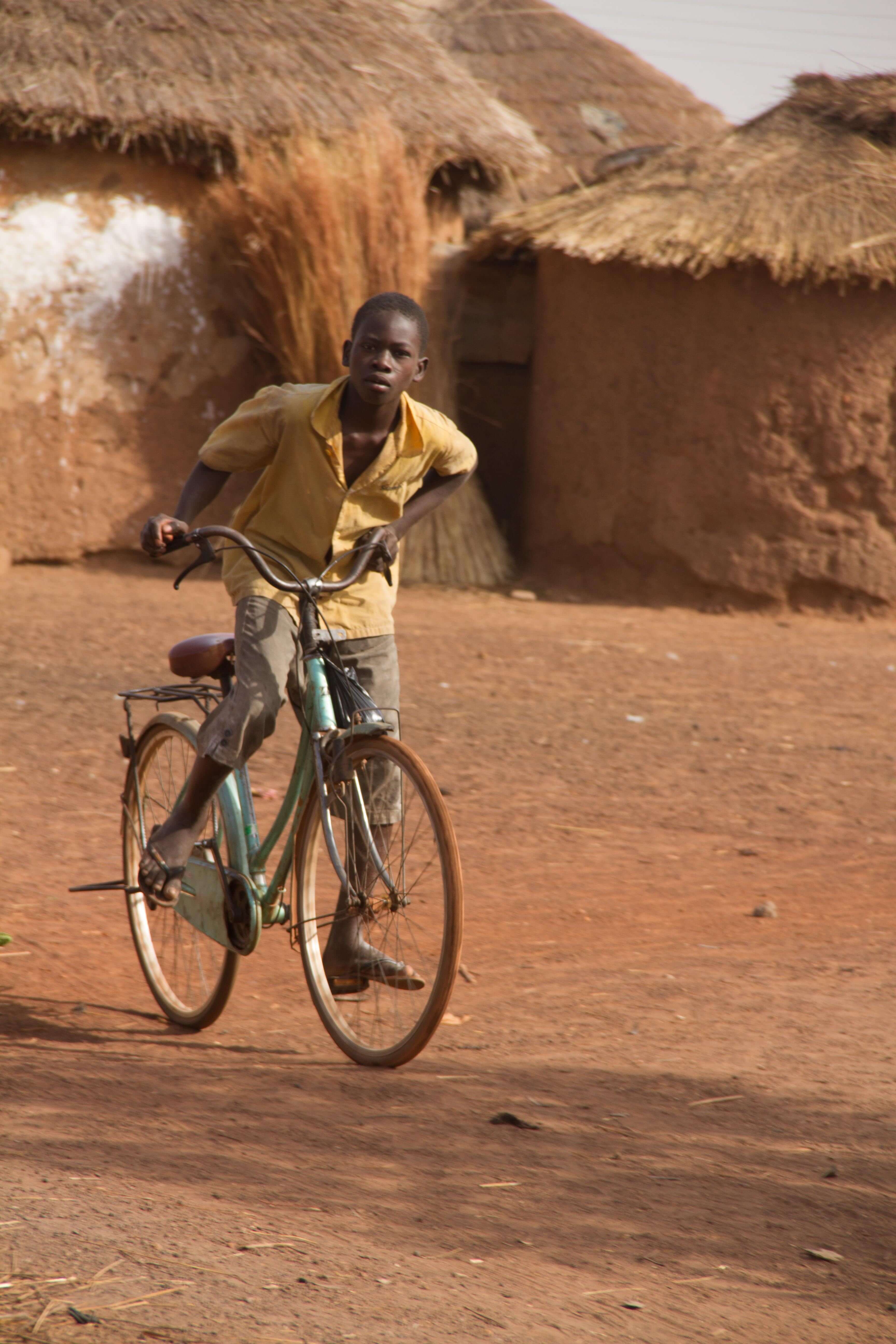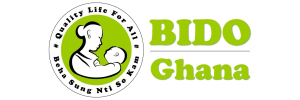What We Do
Our Work
Our team's focus is on empowering communities and transforming lives, one community at a time.
At BIDO Ghana, we believe that true transformation begins at the grassroots. Our work is grounded in the conviction that every community has the potential to thrive when equipped with the right tools, knowledge, and opportunities.
From improving access to safe water and sanitation, to strengthening health and nutrition systems, and supporting sustainable agriculture and livelihoods — we are committed to creating lasting impact where it matters most.
Our Focus Areas

Water, Sanitation & Hygiene
Access to safe water, improved sanitation, and proper hygiene remains a critical challenge in many parts of Ghana, particularly in underserved rural and peri-urban communities. Poor WASH conditions contribute to preventable diseases, school absenteeism, and increased health risks for women and children.
At BIDO Ghana, we are committed to creating healthier, more dignified living environments by expanding access to clean water, promoting safe sanitation, and encouraging lifelong hygiene practices.
Projects Under Wash
We support health facilities with essential water, sanitation, and hygiene infrastructure to create safe and hygienic environments for patients and healthcare workers. Access to clean water and proper sanitation in these settings helps reduce the spread of infections, promotes safer childbirth, and ensures quality healthcare delivery. Our approach includes constructing and maintaining water systems, installing handwashing stations, and training facility staff on hygiene protocols.
Our work in schools focuses on creating clean, safe, and inclusive learning environments for children. We provide access to safe drinking water, construct gender-sensitive toilet facilities, and deliver hygiene education programs. This not only improves students’ health but also supports regular school attendance, particularly for girls who face challenges related to menstrual hygiene management.
We collaborate with local communities to improve access to safe water and sanitation at the household and community levels. Our interventions emphasize behavior change, community ownership, and sustainability. Through participatory approaches like Community-Led Total Sanitation (CLTS), we encourage communities to identify their sanitation challenges and take collective action. We also support the construction and rehabilitation of water points and promote hygiene practices through culturally relevant education and advocacy.
Implementation Strategies
We believe sustainable change begins with empowered communities. Our approach involves mobilizing local leaders, households, and stakeholders to recognize water and sanitation as fundamental rights. Through dialogues, forums, and media engagement, we advocate for inclusive WASH services and influence local decision-making to prioritize access for all, especially women and marginalized groups.
Lorem ipsum dolor sit amet, consectetur adipisicing elit. Optio, neque qui velit. Magni dolorum quidem ipsam eligendi, totam, facilis laudantium cum accusamus ullam voluptatibus commodi numquam, error, est. Ea, consequatur.
We use storytelling, drama, music, and interactive games to deliver key hygiene and sanitation messages in fun, culturally resonant ways. This strategy is especially effective with children and youth, encouraging behavior change through entertainment. E4WASH makes learning engaging and helps communities internalize important practices like handwashing and safe water use.
Our CLTS approach empowers communities to analyze their own sanitation conditions and take collective action to end open defecation. By focusing on behavior change rather than just infrastructure, CLTS promotes dignity, health, and a shared sense of responsibility. We facilitate triggering sessions, follow-up visits, and recognition of communities that achieve open defecation free (ODF) status.
We provide practical solutions by constructing new water and sanitation facilities, rehabilitating broken systems, and ensuring ongoing maintenance. From boreholes and rainwater harvesting systems to ventilated improved pit latrines and handwashing stations, our infrastructure work is guided by community needs and implemented with sustainability and inclusiveness in mind.
Health & Nutrition
Health and nutrition remain critical challenges in Ghana, with the Northern Region bearing a disproportionate share of the burden. High rates of malnutrition, limited access to quality healthcare, and poor health-seeking behaviors continue to affect the well-being and development of vulnerable populations, particularly women and children.
At BIDO Ghana, we are committed to addressing these issues through community-driven, inclusive, and sustainable solutions.
Projects Under Health and Nutrition
We work directly with communities to promote basic health education and services. This includes mobilizing community health volunteers, supporting outreach campaigns, and partnering with local health systems to deliver timely information on topics such as maternal and child health, immunization, malaria prevention, and disease surveillance. These efforts increase awareness and empower households to make informed health decisions.
Our interventions support mothers, children, and adolescents with practical tools and knowledge to improve nutrition outcomes. We promote exclusive breastfeeding, complementary feeding, and the preparation of nutritious meals using locally available foods. These efforts help prevent stunting and undernutrition, especially in the first 1,000 days of a child’s life.
We advocate for and deliver education on sexual and reproductive health, particularly among young people and women of reproductive age. Through youth-friendly spaces, school-based sessions, parent engagements and community outreach, we empower individuals with the information and support needed to make informed choices about their reproductive health and rights; helping reduce early pregnancies, unsafe abortions, and related health risks.
Recognizing the link between health and safety, our child protection efforts focus on creating environments where children can grow free from violence, neglect, and exploitation. We build awareness on children’s rights, train caregivers and community leaders, and link vulnerable children to essential health and social services.
Implementation Strategies
We actively engage communities to recognize health and nutrition as fundamental rights. Through mobilization and advocacy, we empower individuals and groups to demand better services, challenge harmful norms, and participate in local decision-making processes. We also work closely with traditional and local leaders to create a strong collective voice that drives policy attention and resource allocation toward community health needs.
We implement targeted health promotion campaigns focused on disease prevention, maternal and child health, nutrition, and reproductive health. These campaigns are designed to raise awareness, encourage behavior change, and link people to available health services. Activities include outreach events, community health talks, school sessions, and mobile health screenings in partnership with district health authorities.
We strengthen local health systems to deliver inclusive and quality care by building the capacity of both health workers and community health volunteers. Through training, mentorship, and technical support, we enhance service delivery and responsiveness. We also promote stronger collaboration between health providers and communities, fostering trust, accountability, and improved access to care.
We use creative tools—like drama, music, storytelling, and games—to deliver essential health and nutrition messages in engaging, culturally resonant ways. Edutainment captures attention, breaks down stigma, and makes learning enjoyable for both adults and youth, leading to stronger retention and adoption of healthy practices.


Agriculture & Livelihoods
In Northern Ghana, many rural communities face persistent poverty and food insecurity due to limited resources, climate challenges, and poor market access.
BIDO Ghana supports smallholder farmers, women, and youth to build resilient livelihoods through climate-smart agriculture, agribusiness development, and access to skills and resources. Our goal is to empower communities to grow their incomes, improve food security, and sustain their futures.
Projects Under Agriculture and Livelihoods
We promote sustainable farming practices that help smallholder farmers adapt to climate change and protect their environment. Through training on soil conservation, water management, agroforestry, and improved crop varieties, we support climate-smart agriculture that boosts yields while preserving natural resources.
We empower women with skills, resources, and mentorship to start and grow sustainable businesses in agriculture and related trades. From food processing to shea butter production and small-scale trading, we promote income generation that enhances household stability and strengthens women’s leadership in the local economy.
Young people are supported to explore opportunities in agribusiness through hands-on training, coaching, and access to start-up inputs. Whether it’s vegetable production, animal husbandry, or digital agri-solutions, we help youth turn agriculture into a viable path to employment and self-reliance.
To promote financial inclusion, especially among women and youth, we facilitate the creation of community-led savings and loan groups. These schemes empower members to save regularly, access low-interest loans, and invest in farming or alternative income-generating ventures, creating a culture of self-financing and economic resilience.
Recognizing the vulnerability of rural households to seasonal farming, we support the development of alternative livelihoods such as soap making, beekeeping, shea processing, and handicrafts. These efforts reduce reliance on unpredictable agriculture and build year-round income streams for families.
Implementation Strategies
Lorem ipsum dolor sit amet, consectetur adipisicing elit. Optio, neque qui velit. Magni dolorum quidem ipsam eligendi, totam, facilis laudantium cum accusamus ullam voluptatibus commodi numquam, error, est. Ea, consequatur.
We equip farmers, women, youth, and producer groups with practical knowledge and technical skills needed to improve productivity and manage agri-enterprises. Our training covers good agricultural practices, climate-smart techniques, business development, value addition, and financial literacy. In addition, we provide agricultural mechanization and input services to enhance efficiency and reduce labor burdens.
To ensure sustainability, we connect small-scale producers to reliable markets and value chains. This includes facilitating relationships with buyers, supporting group marketing, and helping farmers meet market standards, thereby enabling them to earn fair prices and reduce post-harvest losses.
We expand access to finance through community-based savings groups and linkages to microfinance institutions. These models promote a culture of savings, provide access to affordable credit, and empower members (especially women) to invest in farm inputs and small businesses.
By strengthening the structures, leadership, and operations of FBOs and cooperatives, we improve collective bargaining power, input access, and knowledge-sharing among farmers. These groups serve as powerful platforms for peer learning, advocacy, and joint action.
